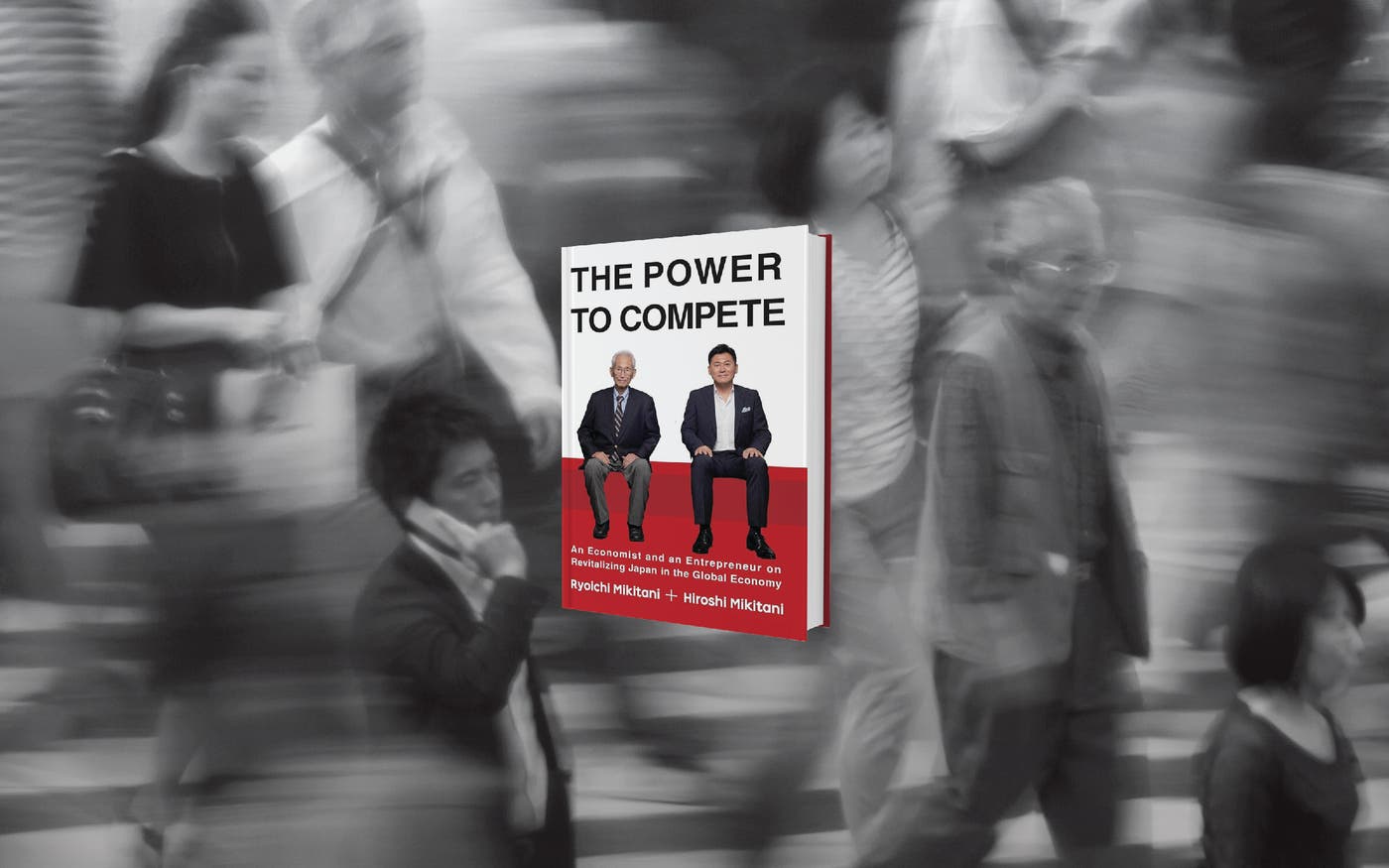
Phoenix in the East
Can Japan come back?
The Power to Compete has smart ideas about revitalizing the country’s economy.

I have a soft spot for Japan. I have visited it more times than I can count. I’m fascinated by its unique mix of tradition and modernity. And Japan was the site of Microsoft’s first office outside the United States. Kay Nishi, who opened that office, is an amazing thinker, and one of the most under-appreciated leaders in the company’s history. With Kay’s help, there were a few years where Microsoft did more business in Japan than we did in the United States.
Of course Japan is also intensely interesting to anyone who follows global economics. In the 1980s, it was a juggernaut. Countless books and articles touted the effectiveness of Japan’s state-controlled capital and the businesses where employees would sing the company song every morning. There was serious discussion about whether America needed higher tariffs to challenge Japan.
That is not the case today. Many of Japan’s companies have been eclipsed by competitors in South Korea and China. Samsung, based in Seoul, is worth more than all Japanese consumer electronics companies combined. And the economy has experienced deflation—a downturn that many economists once thought was limited to Japan, but now seems to be more global. So what happens in Japan matters a lot to the rest of the world.
How did Japan lose its way? Can it come back?
There is no shortage of books wrestling with these questions. One that I read recently and found super-interesting is The Power to Compete: An Economist and an Entrepreneur on Revitalizing Japan in the Global Economy, by the father-and-son team Ryoichi Mikitani and Hiroshi Mikitani. It is a series of dialogues between Hiroshi—founder of the Internet company Rakuten—and his father, Ryoichi, a respected economist and author. (Ryoichi Mikitani died in 2013.)
A while back I spent a day with Hiroshi and found him to be a bright, engaging guy. I gather that he is viewed as something of a maverick in Japan. In The Power to Compete he lays out a five-point plan for revitalizing Japan’s economy, which includes relaxing regulations on business, encouraging innovation, engaging more globally, and building up the “Made in Japan” brand.
The book is a quick read at just over 200 pages. Although I don’t agree with everything in Hiroshi’s program, I think he has a number of good ideas. He talks about bringing more women into the workforce and encouraging more people to learn and use English. And I would love to see Japanese companies become more innovative—not just because it will make them more competitive, but because the whole world benefits from great ideas and technologies, whoever invents them.
Ultimately, I am bullish on Japan. It is still a wealthy country. It has come back from much worse circumstances, as any student of World War II knows. The quality of life there is high, and its education system is strong (although Ryoichi Mikitani argues that it should spend more on schools). The country is unlikely to emerge as the singular leader it was in the 1980s, but its future is still quite bright.
If you’re as interested in Japan as I am, I think you’ll find that The Power to Compete is a smart and thought-provoking look at the future of a fascinating country.


